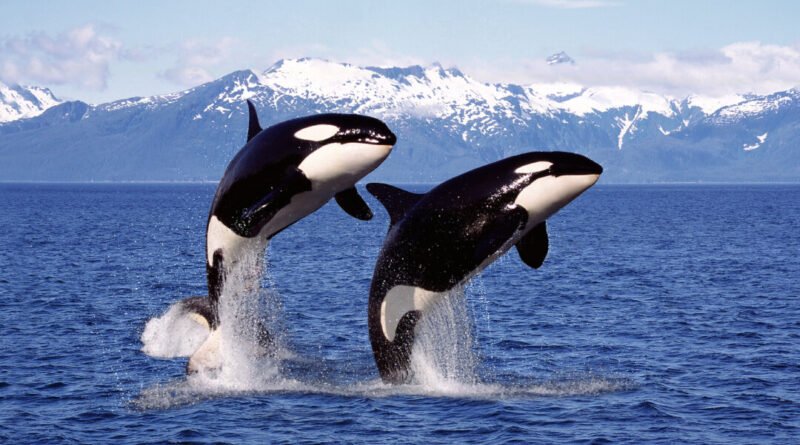Vancouver Film Company Penalized $30,000 for Capturing Drone Footage of Killer Whales
Canada has issued its first fine for the illegal operation of a drone used to film killer whales.
River Road Films Ltd. pleaded guilty in July to unlawfully capturing drone footage of killer whale activity near a pod at a rubbing beach on Vancouver Island. The Vancouver-based company was fined $25,000, and drone operator Mathew Hood was fined $5,000.
According to Fisheries and Oceans Canada, disturbing marine mammals is against the law in Canada, and guidelines are in place to protect both animals and humans. Drones are considered aircraft and can disturb marine mammals.
Both the film company and the drone operator are first-time offenders, the release stated.
River Road Films Ltd. and its UK sister company applied for a permit in 2020 to film Species at Risk Act species, including killer whales, but the application was not approved.
River Road Films crew were found using drones and underwater video to capture killer whale activities in August of 2021 at a well known rubbing beach on Vancouver Island.
Beach rubbing is a “unique quirk” of the northern resident killer whale, the department said.
“They head for shallow waters near the shore, then brush against the smooth pebbles below—an activity that is thought to help scrape off dead skin, strengthen family bonds and feel like a massage,” the release said.
Under the Marine Mammal Regulations, it is illegal to be less than 400 metres away from killer whales in southern B.C. waters and less than 200 metres from killer whales in all other Canadian Pacific waters. It is also against the law to be less than 200 metres away when a whale, dolphin, or porpoise is in a resting position or with a calf.





